These charming snapshots beautifully capture the lighthearted essence of girls enjoying roller-skating, highlighting their allure, grace, and unbridled happiness. Revisit the uncomplicated joys and ageless allure of these young skaters from days long past.

-1691743962.jpg)
The origin of roller skating dates back further than one might anticipate, with its roots extending to the 18th century. Nonetheless, the early versions of roller skates bore little resemblance to the sleek and contemporary designs we are familiar with today.
These skates found use in theatrical and musical presentations, potentially simulating ice skating performances on stage. Early roller skating was primarily confined to straight-line movement due to the challenges posed by the rudimentary skate designs of that era.
Roller skating remained a sporadic performance prop until its widespread adoption began in the 1840s.
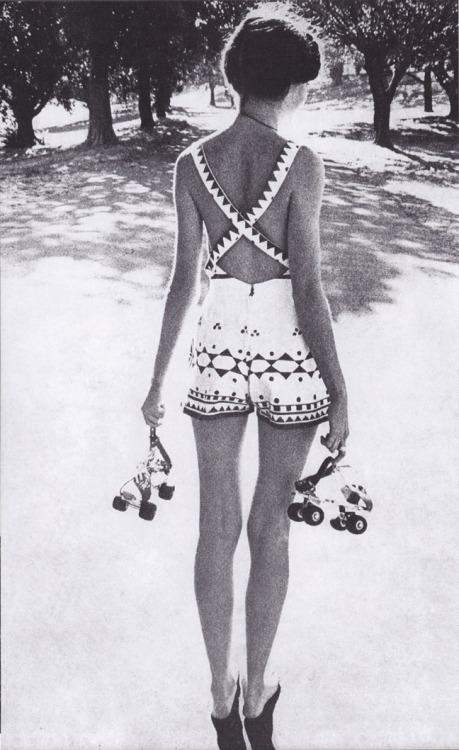
In the beer halls of Berlin during the 1840s, waitresses employed roller skates to attend to patrons. Roller skating found its way into late 1840s ballet and opera productions, including works like Le prophète.
These instances played a pivotal role in ushering roller skating into the limelight for the first time, gaining popularity across Europe during the 1850s. Enhancements in technology also contributed to its evolution, with improvements such as the introduction of rubber wheels in 1859 and the creation of four-wheeled turning skates in 1863.
Since then, the popularity of roller skating has experienced significant fluctuations, often being described as a "craze" during its peak periods.
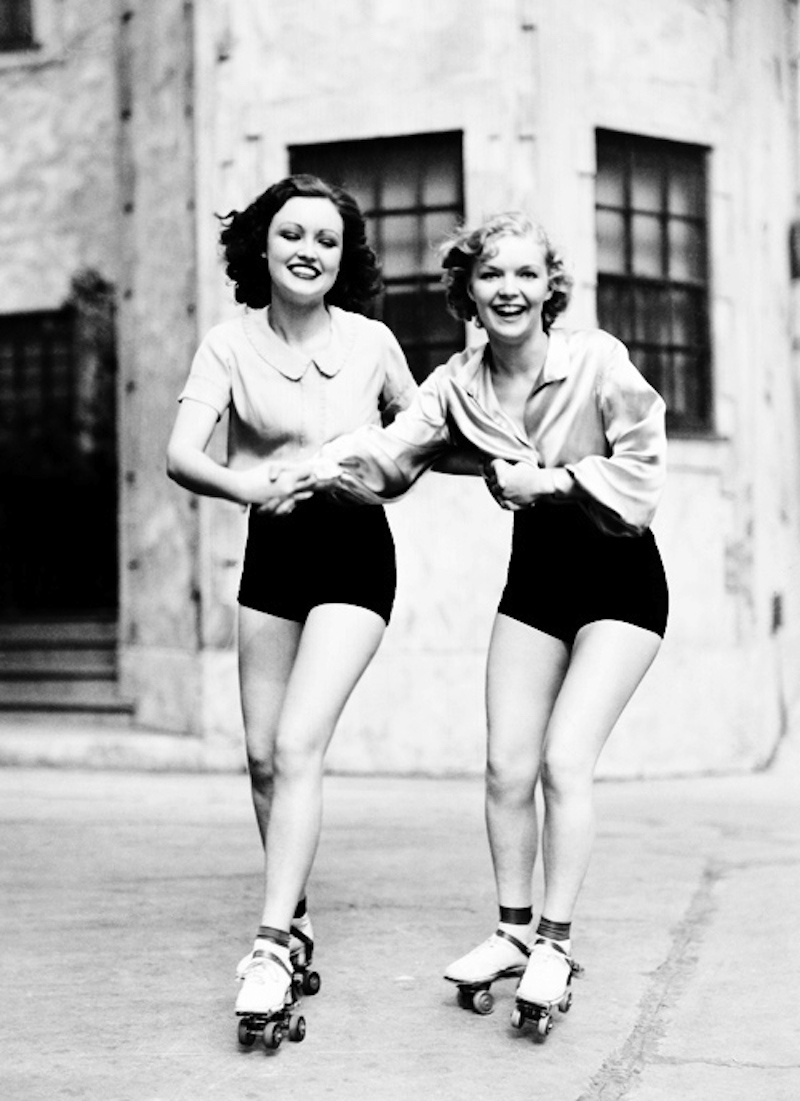
-1691744066.jpg)
Between 1880 and 1910, roller skating experienced a remarkable surge in popularity. Mass production of roller skates took off, and skating within rinks gained traction among people across Europe, North and South America, and Australia.
This era also marked the emergence of specialized forms of roller skating, including figure skating and speed skating. Following a period of waning popularity, roller skating witnessed a resurgence from the 1930s to the 1950s, now referred to as the Golden Age of Roller Skating.
Throughout this span, numerous skating rinks featuring lively electric organ music were constructed across the United States.
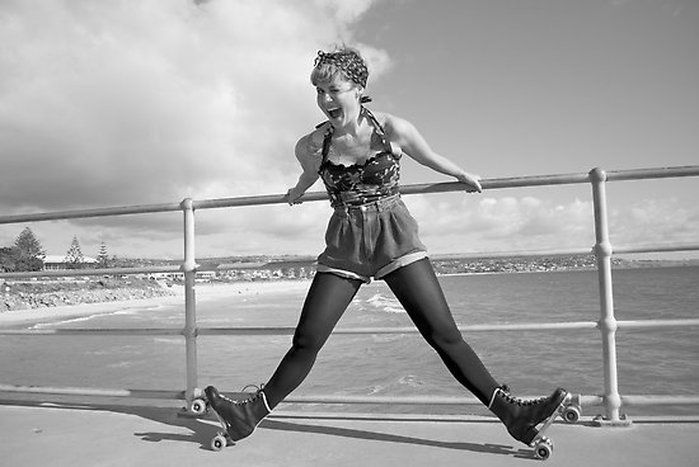
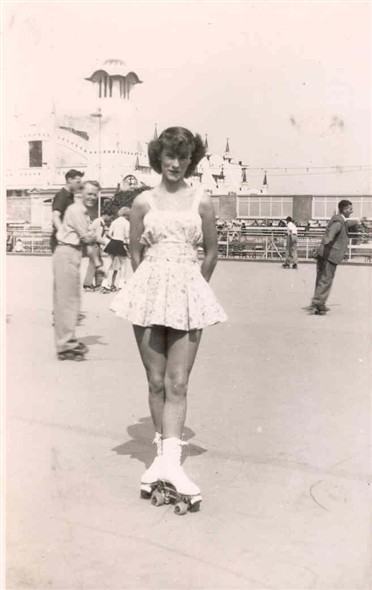
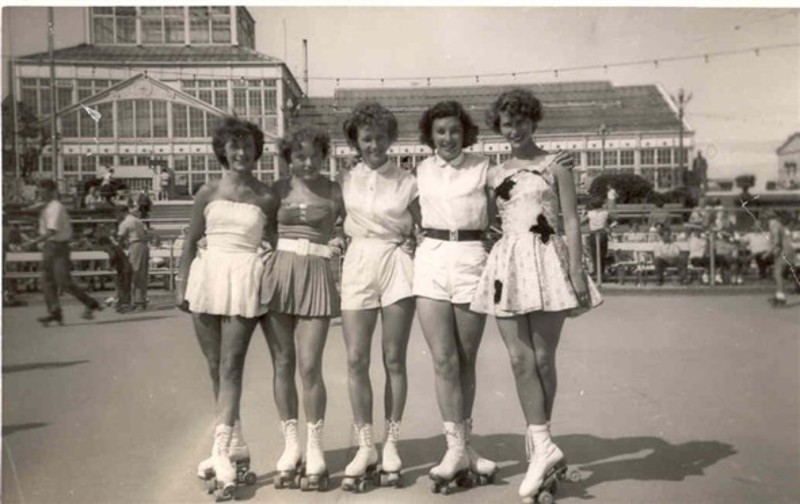
During the 1970s, roller disco gained widespread popularity. This skating style had its roots in disco music culture, primarily embraced by Black and gay skaters.
Moving into the late 1980s and the 1990s, both outdoor and indoor inline skating, often using the term "rollerblades," captured the public's interest. In more recent times, roller skating has undergone a revival, driven by a blend of nostalgic reverence and modern advancements.
Street roller skating, artistic roller skating, and roller derby have all witnessed a surge in popularity, underscoring the sport's capacity to adapt and maintain its timeless appeal.
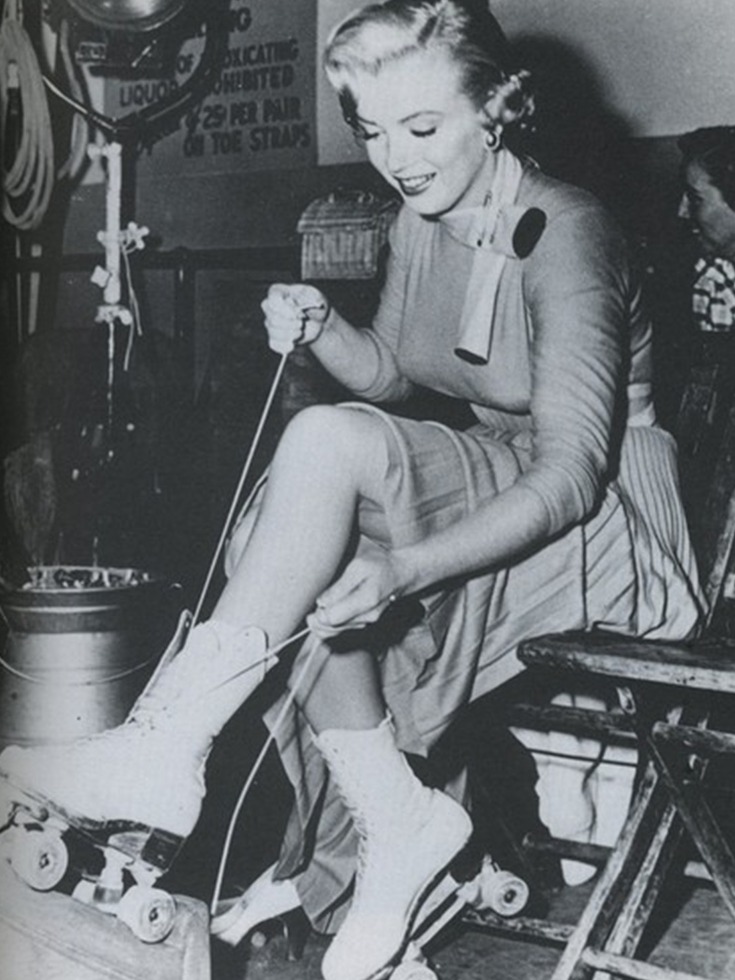
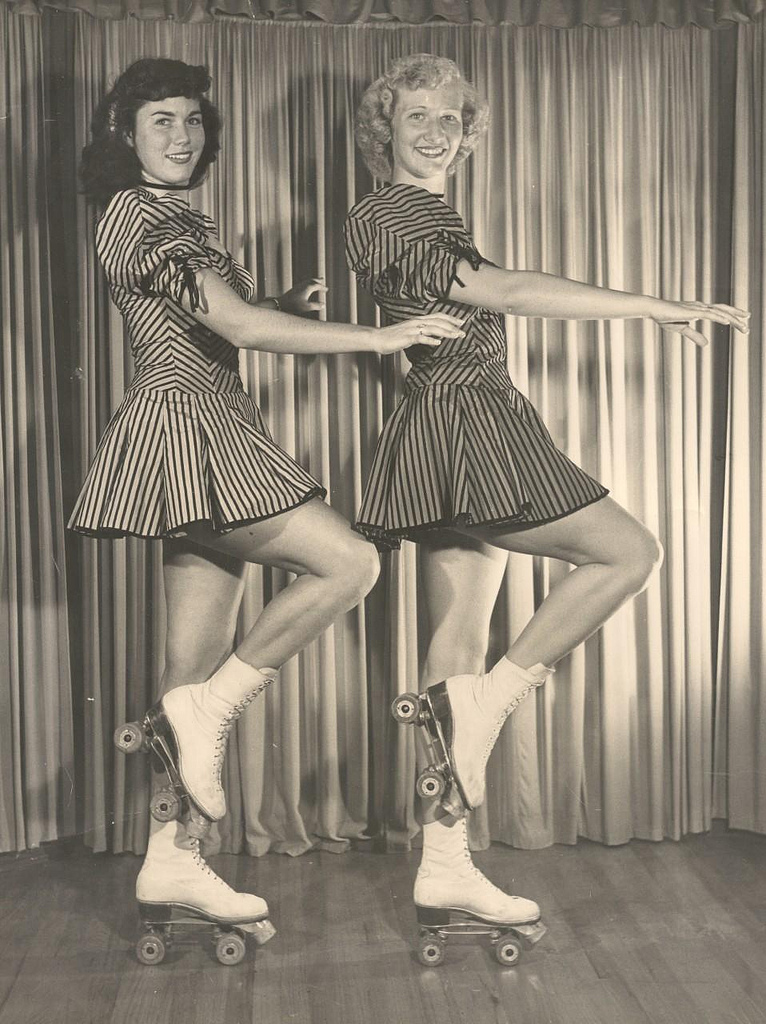
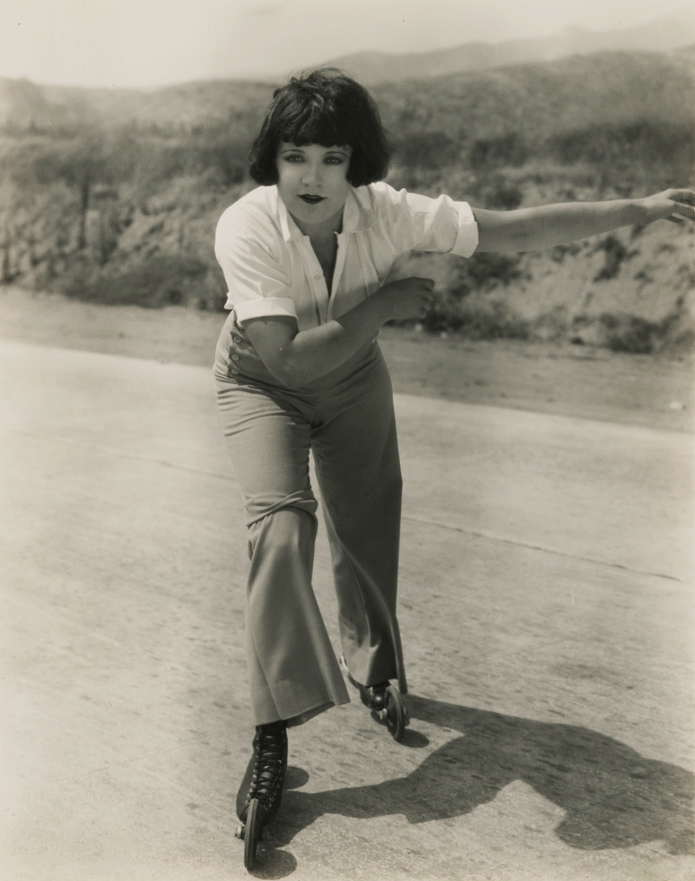
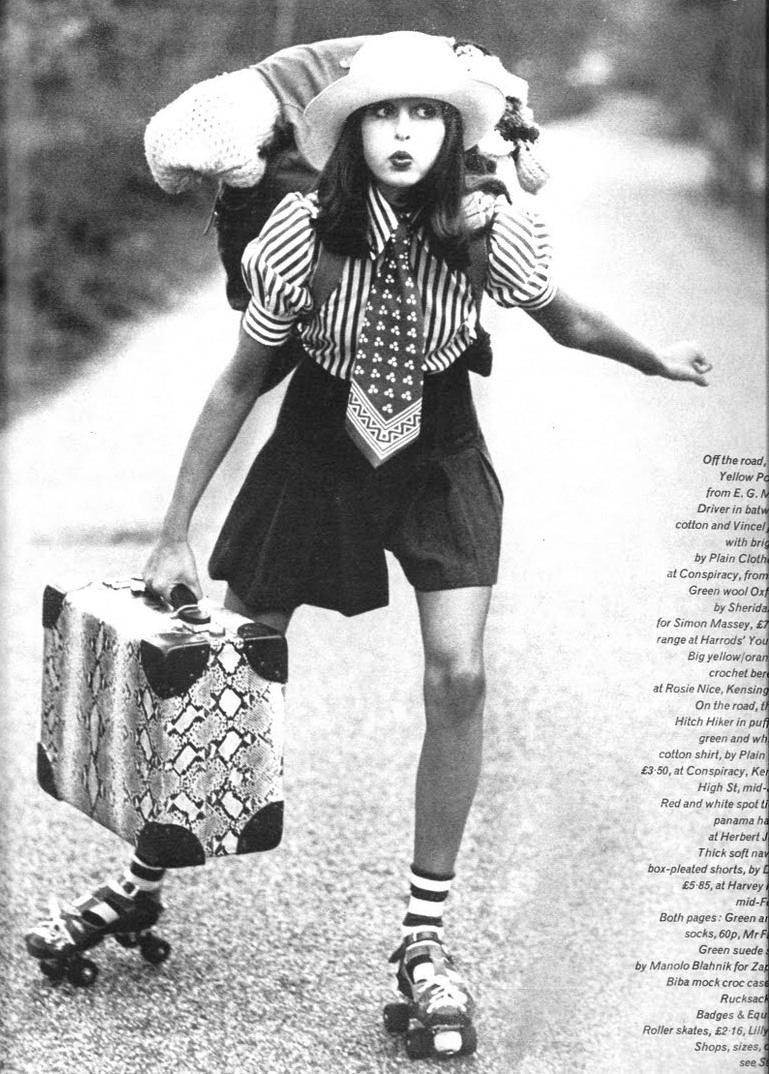
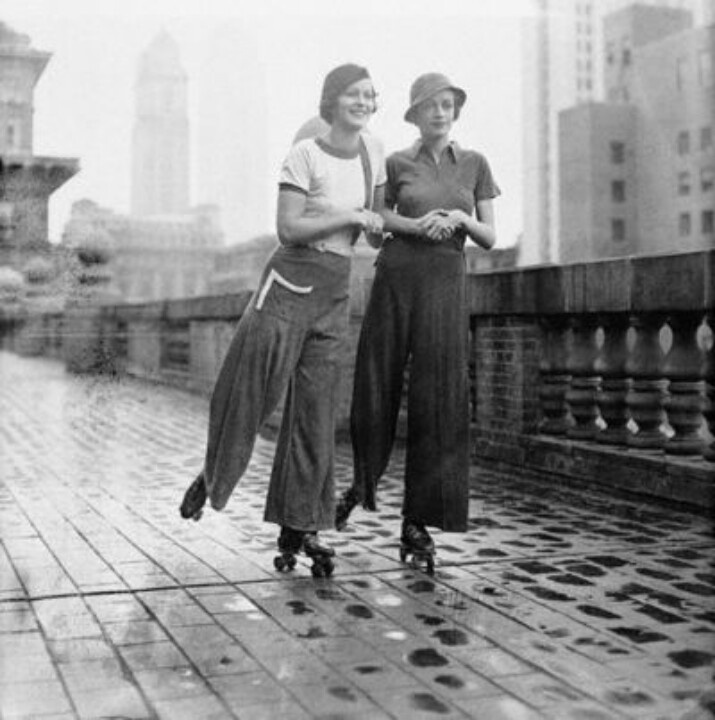
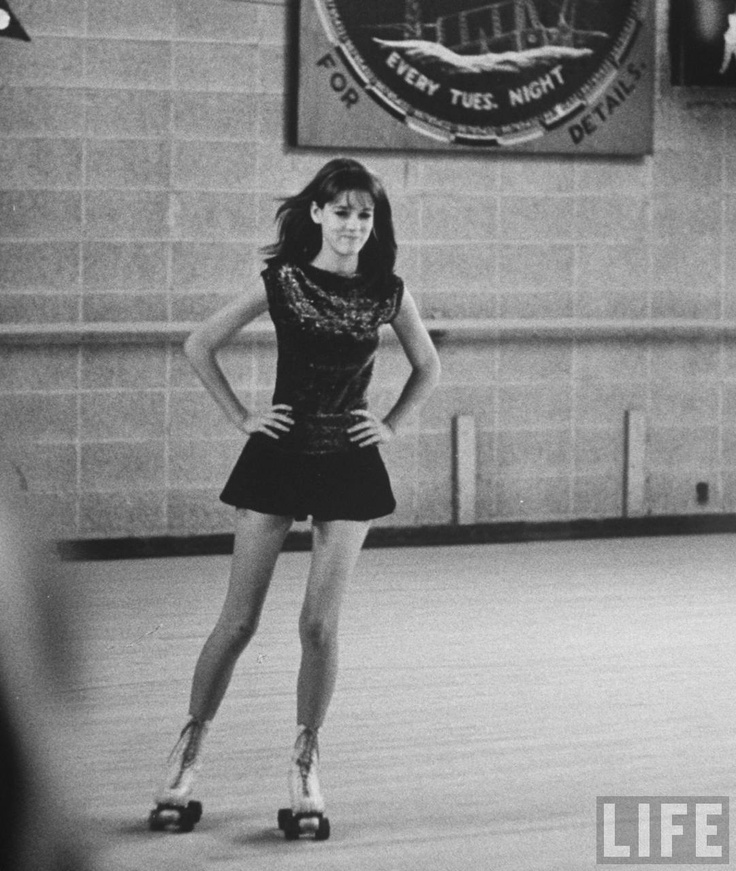
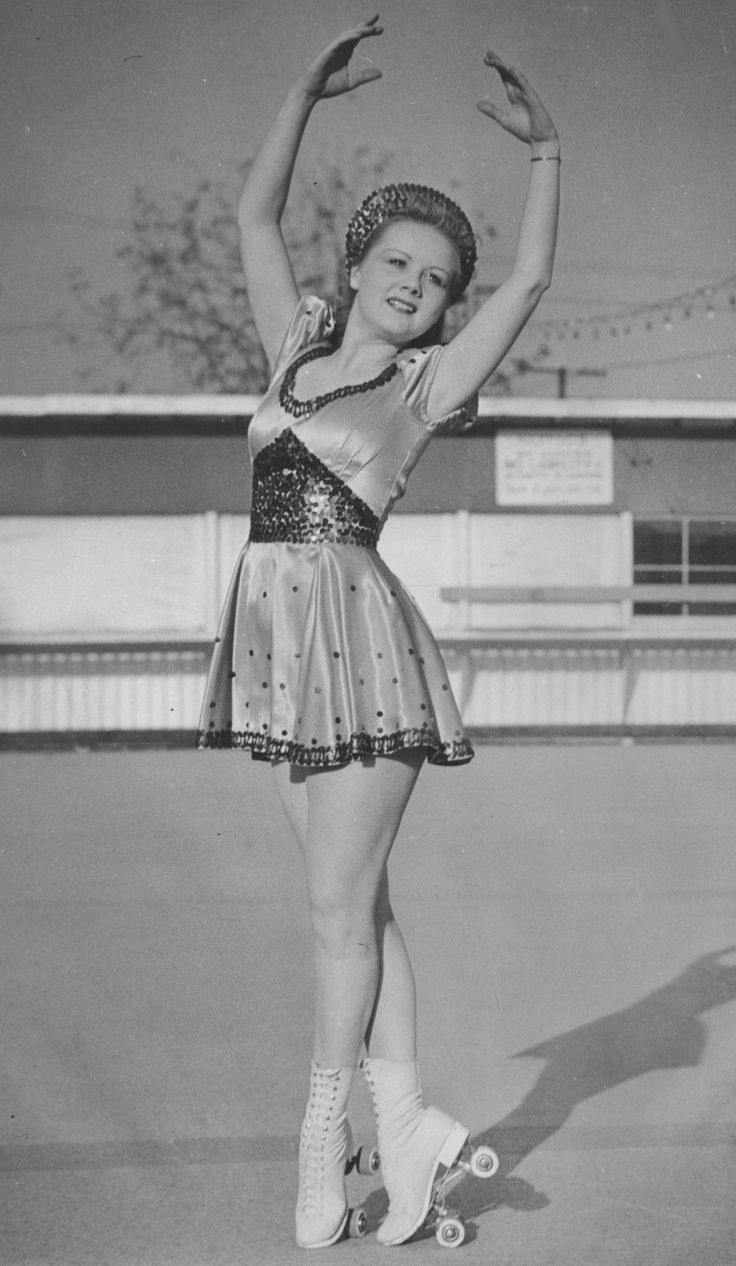
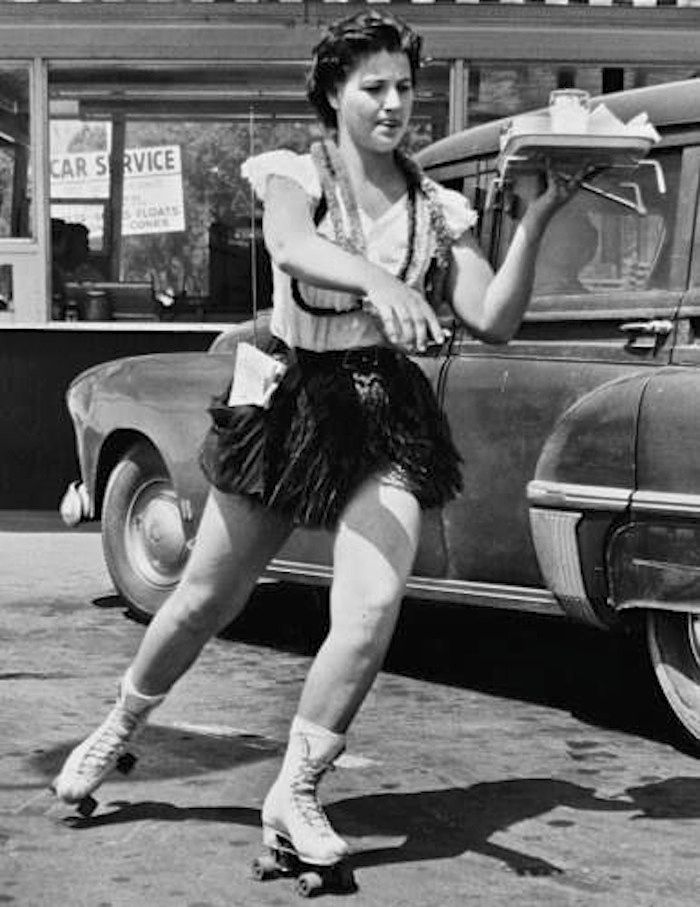

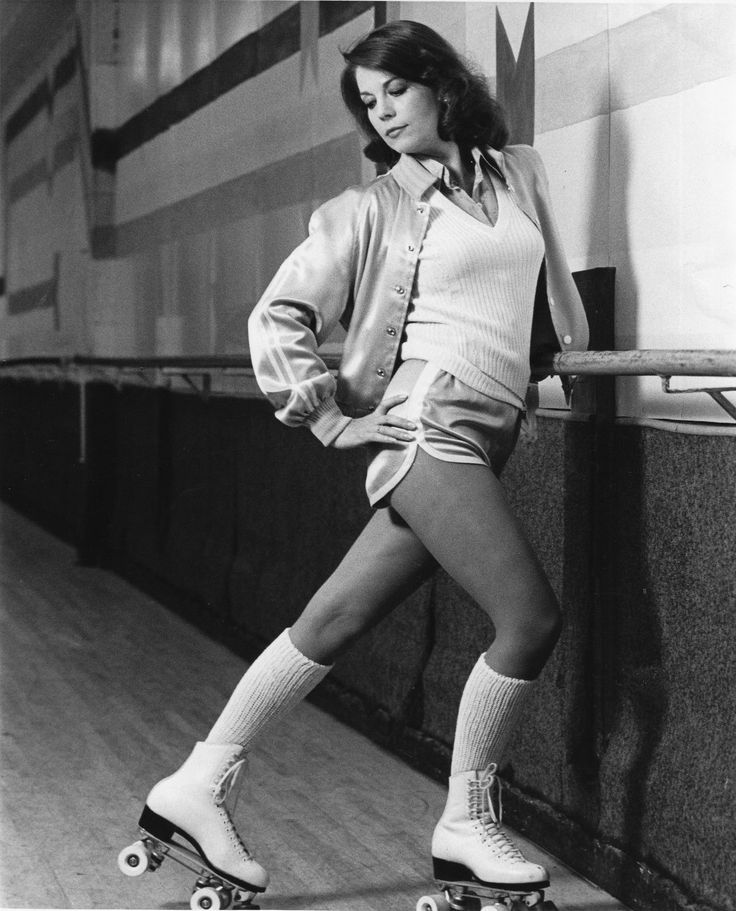
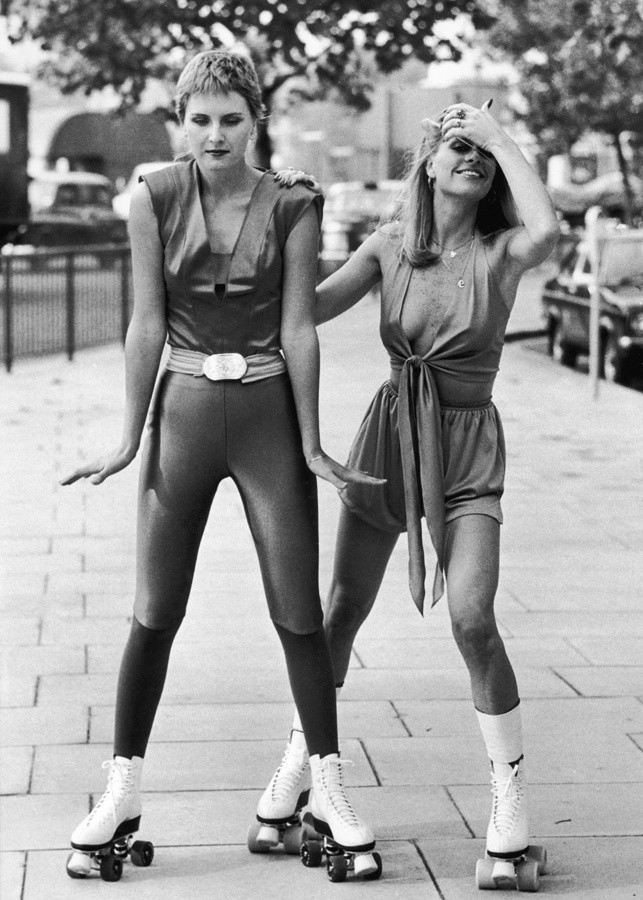
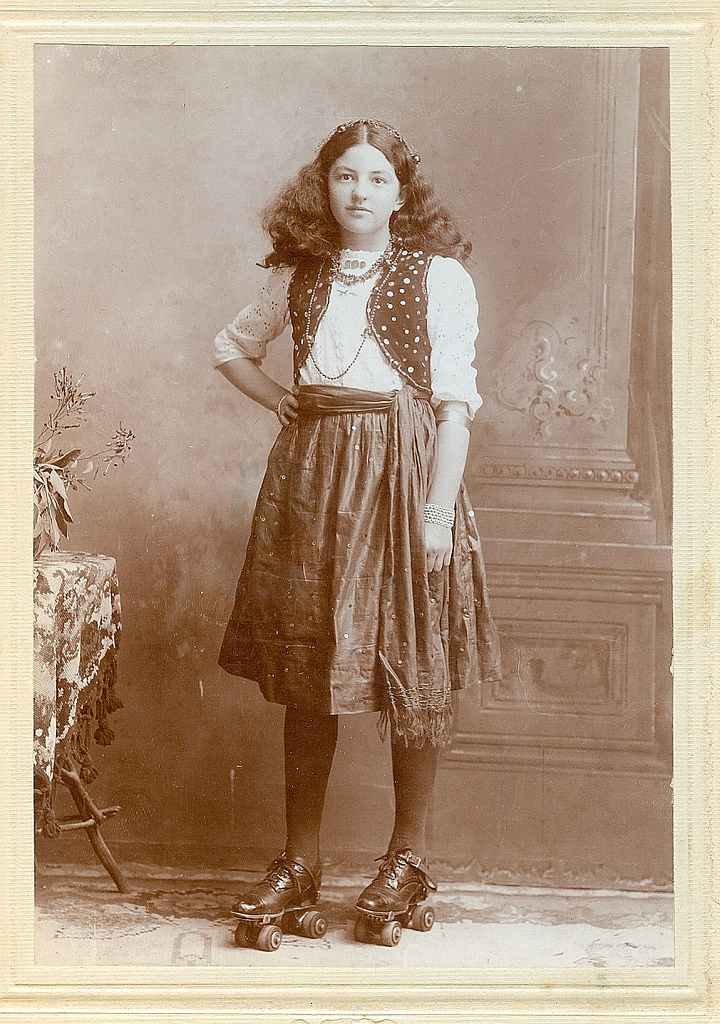
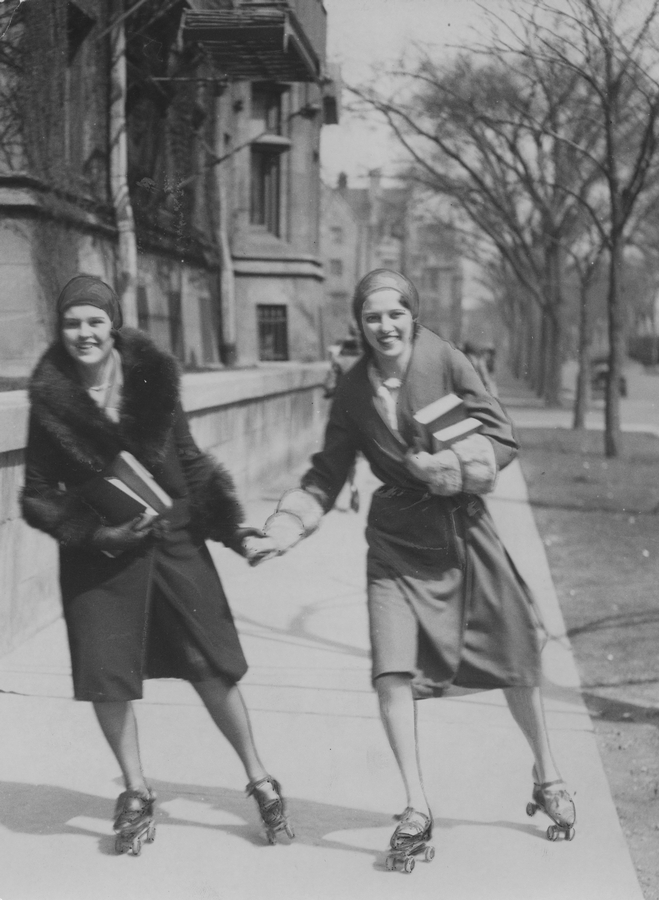
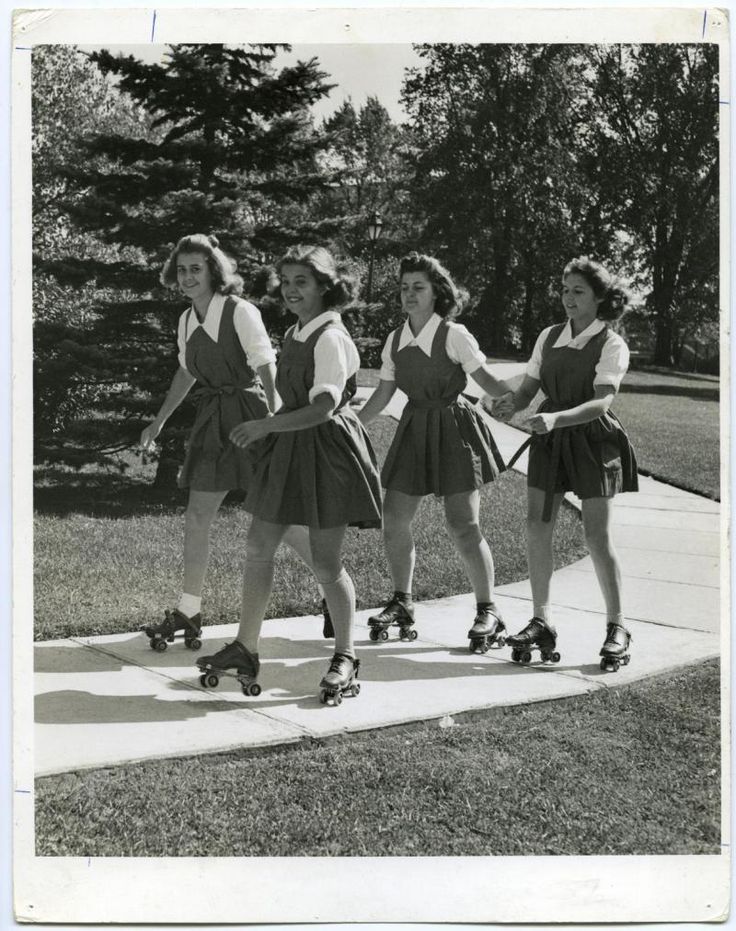
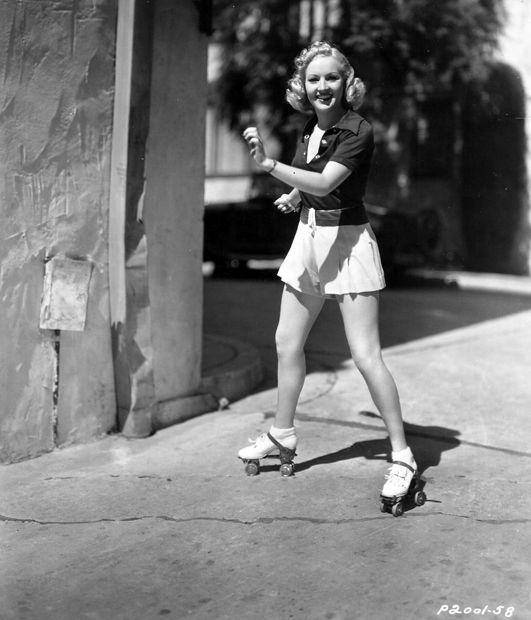
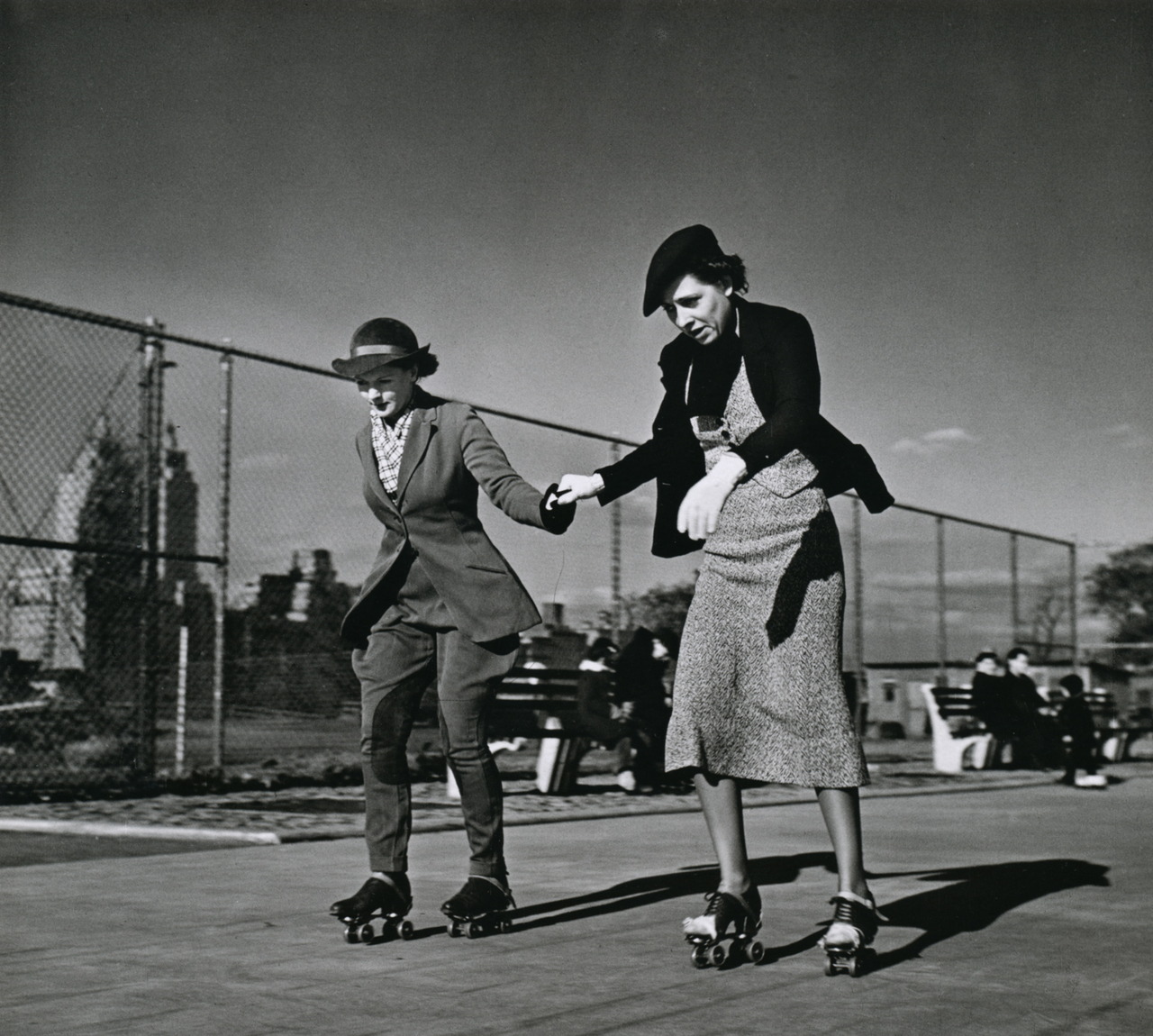

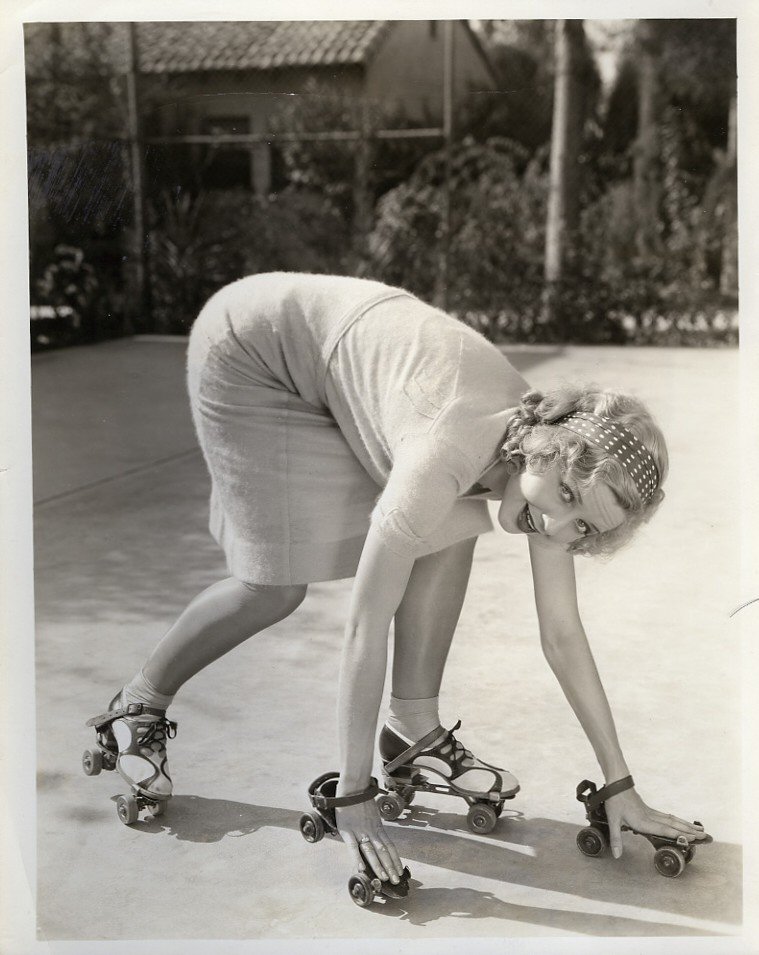

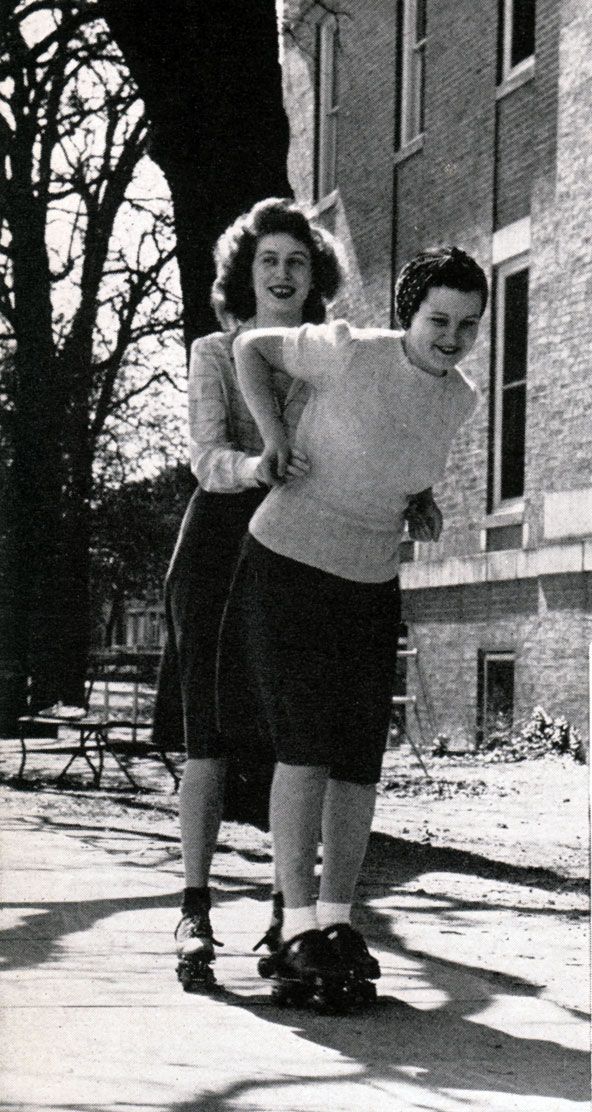
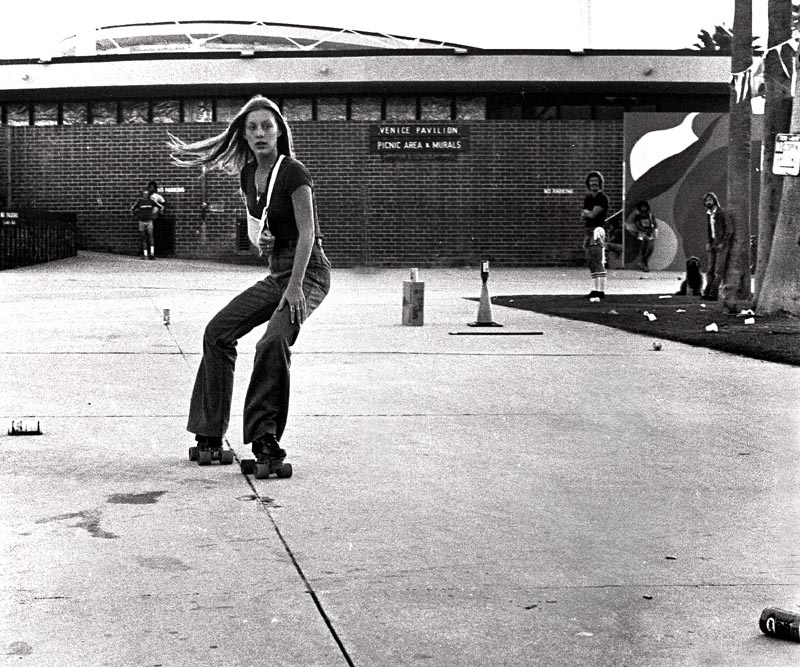
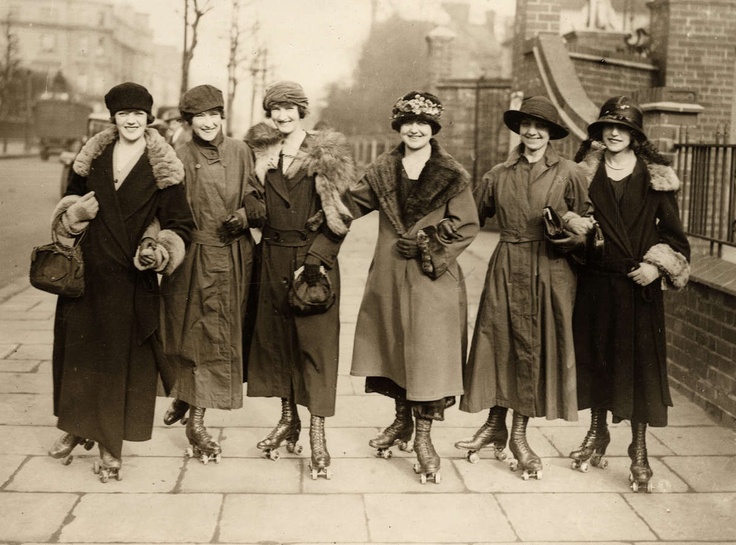
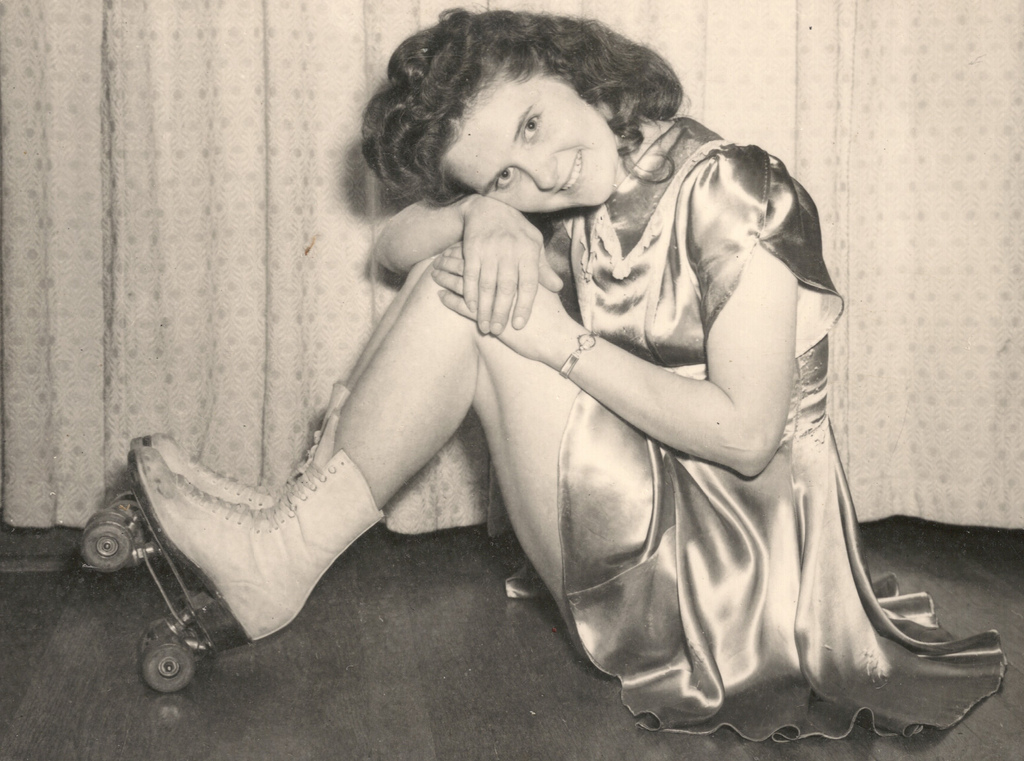
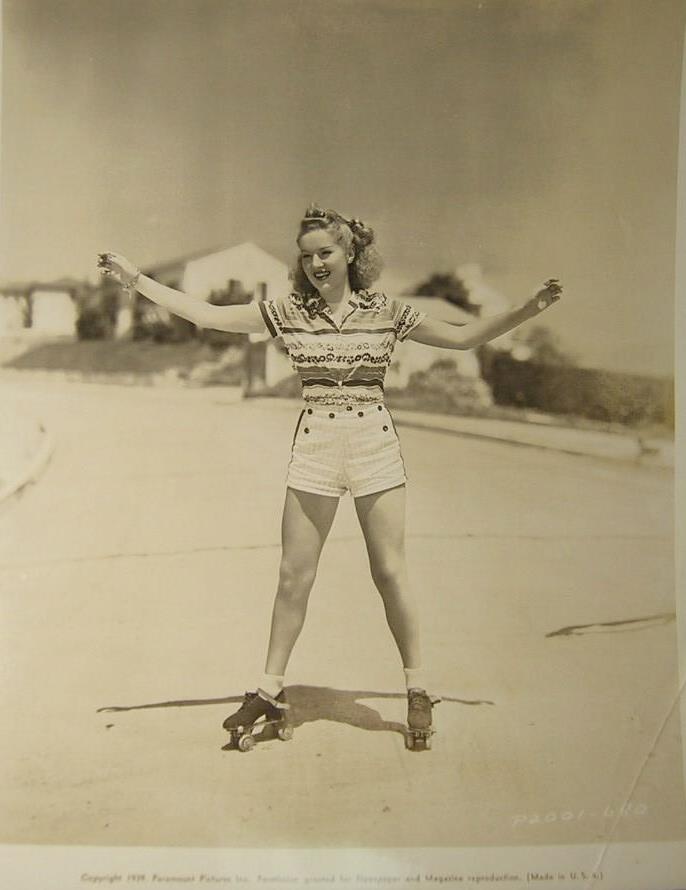
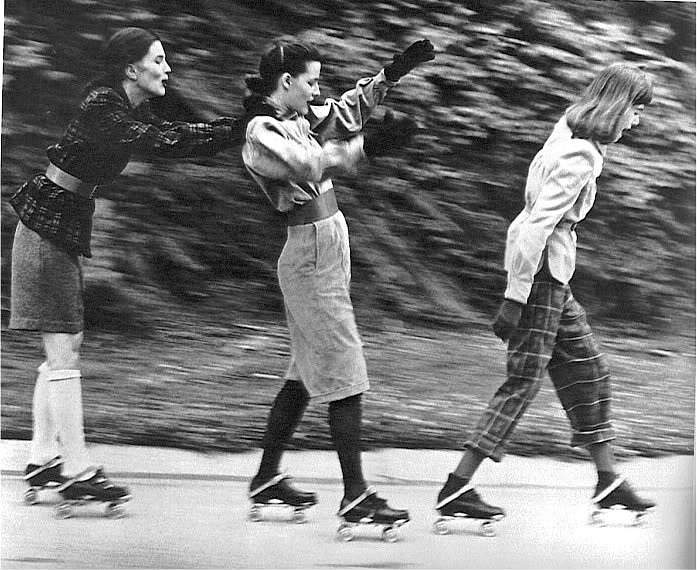
-1691744324.jpg)